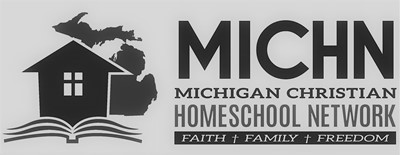History of Homeschooling in Michigan
On September 20, 1984, Ottawa County contacted homeschooling parents Mark & Christine DeJonge to inform them they were illegally homeschooling their two young children. The DeJonges were not certified teachers and therefore were deemed in violation of the state’s compulsory attendance law.
In Michigan, the most pivotal court case in opening up homeschooling to parents was De Jonge vs. Michigan.





